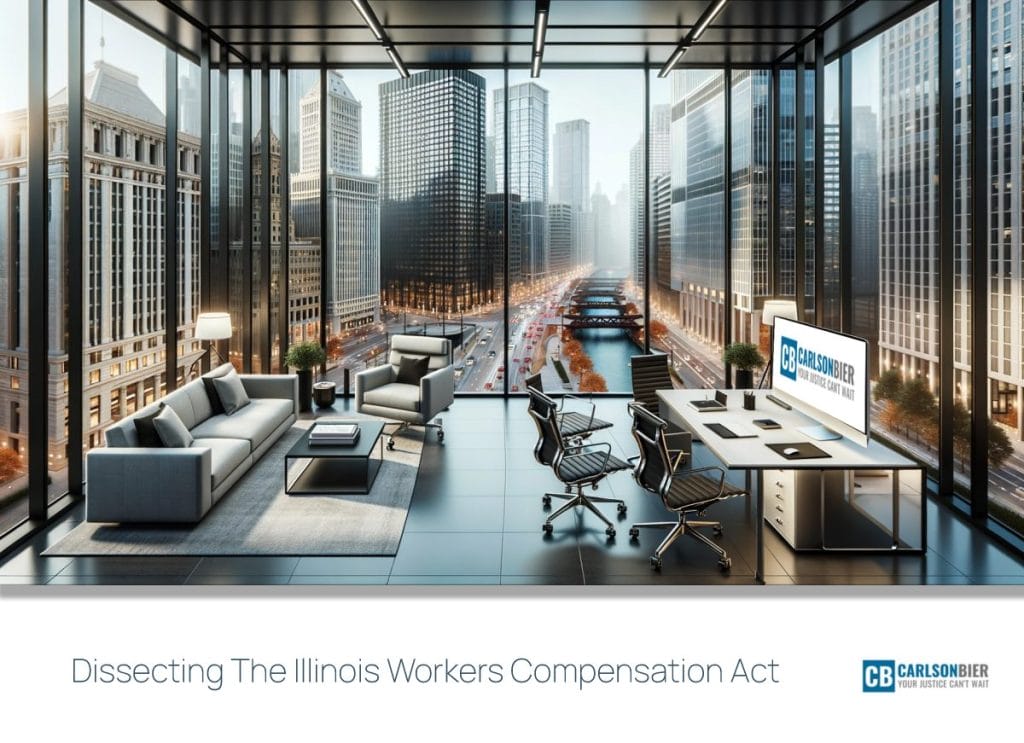Understanding the Illinois Workers Compensation Act
Helping workers recover the compensation they deserve is what we, at the Law Office of Carlson Bier Associates, do on a daily basis. Today’s focus will be on providing an in-depth dive into the intricacies of the Illinois Workers Compensation Act (the Act). A key element to obtaining full and fair compensation is understanding the law that guides the process.
The Act: A Worker’s Safety Net
Established in 1911, the Act is designed to provide a safety net for workers who have been injured or have fallen ill due to workplace conditions. It mandates that employers provide benefits to employees who become injured or ill on the job, regardless of who was at fault for the injury or illness.
The importance of this law cannot be understated. It provides numerous advantages for workers that include:
Understanding this constitutes a big step in recognizing the protections you can have as a worker in the Illinois state.
Administration and Enforcement of Illinois Workers Compensation
The Illinois Workers Compensation Commission (IWCC) is the agency that administers and enforces the Act. Injured workers can get their claims adjudicated through the IWCC. If the employer and the injured employee cannot reach an agreement regarding compensation, either side can request a hearing before the IWCC.
Through Illinois Courts, the IWCC ensures the proper administration of the Act, promoting the health, safety, and economic wellbeing of the residents of Illinois.
Reporting your Injury or Illness
Immediately after you have been injured at work or become aware of a work-related illness, you are required to provide your employer with a written notice in order to establish eligibility for benefits under the Act.
Key things to ensure while reporting include:
The sooner you report an injury or illness, the more likely your employer will take it seriously and the likelier your claim will be successful.
Challenging a Denied Claim
Not all claims for workers’ compensation benefits are approved. When a claim is denied, an injured person can appeal the decision with the Illinois Workers’ Compensation Commission. It’s important to hire an experienced Illinois workers’ compensation attorney to represent you during the appeal process, as this process can be complex and requires robust legal knowledge to navigate.
Final Thoughts
The Illinois Workers Compensation Act is vital in safeguarding the rights and health of workers throughout the state. While navigating through this complex Act can be daunting, it’s crucial to be aware of your entitlements and your rights as a worker. Having the right legal guidance is key in turning these entitlements into actual benefits. At The Law Office of Carlson Bier Associates, we are committed to providing you with the necessary guidance, and representation to secure the compensation you rightly deserve.

